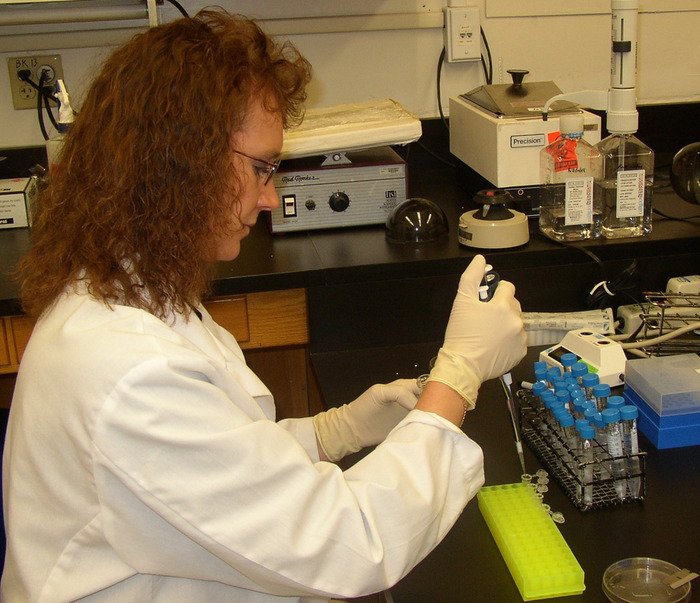NASHVILE, Tenn., Dec. 8 (UPI) -- U.S. and Canadian researchers identified a biomarker that predicts which prostate cancer patients are likely to have their cancer recur or spread.
Co-investigators Andries Zijlstra, an assistant professor at Vanderbilt University Medical Center, and John Lewis, an associate professor at the University of Alberta, said some prostate cancer spreads slowly and does not lead to serious symptoms, while in other patients the cancer metastasizes to other parts of the body and is fatal. Cancer researchers have been searching for biomarkers that indicate which patients should be treated aggressively and which patients can be followed through active surveillance, or watchful waiting.















